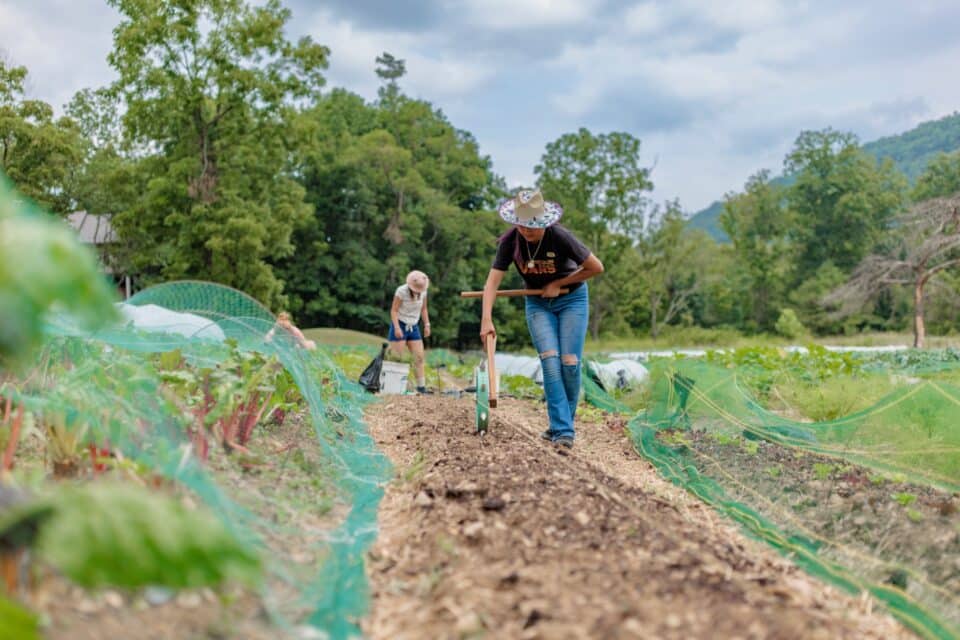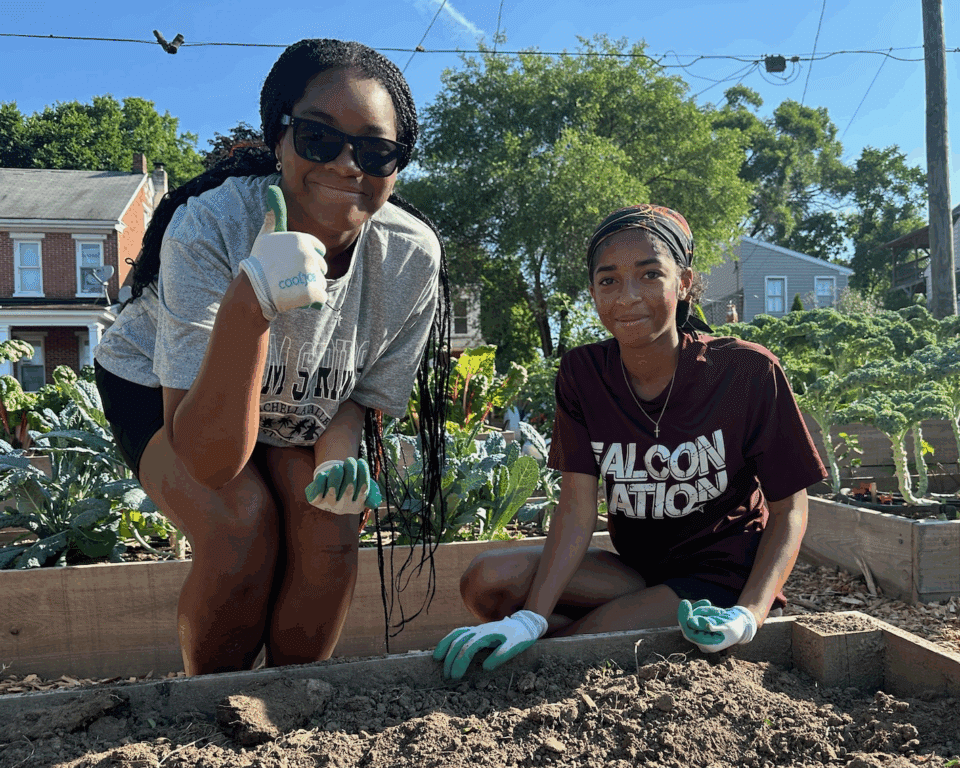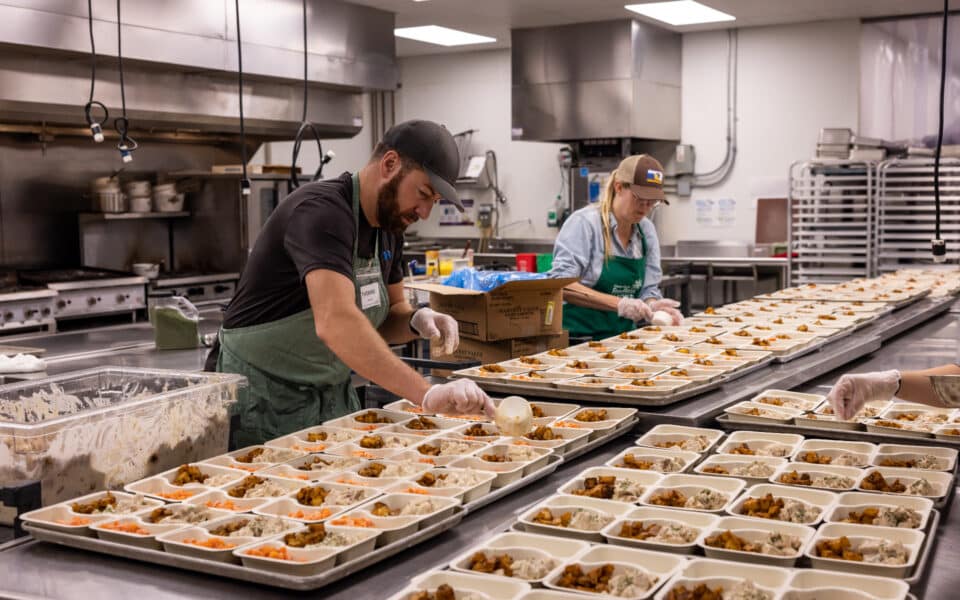Pennsylvania generates nearly three million tons of surplus food every year, coming from households, businesses and farms. It’s a staggering number, especially considering one in eight Pennsylvanians experiences food insecurity. Blessings of Hope, a nonprofit organization in Lancaster County, is making huge strides to bridge that gap, ensuring that more excess food reaches more people experiencing hunger.
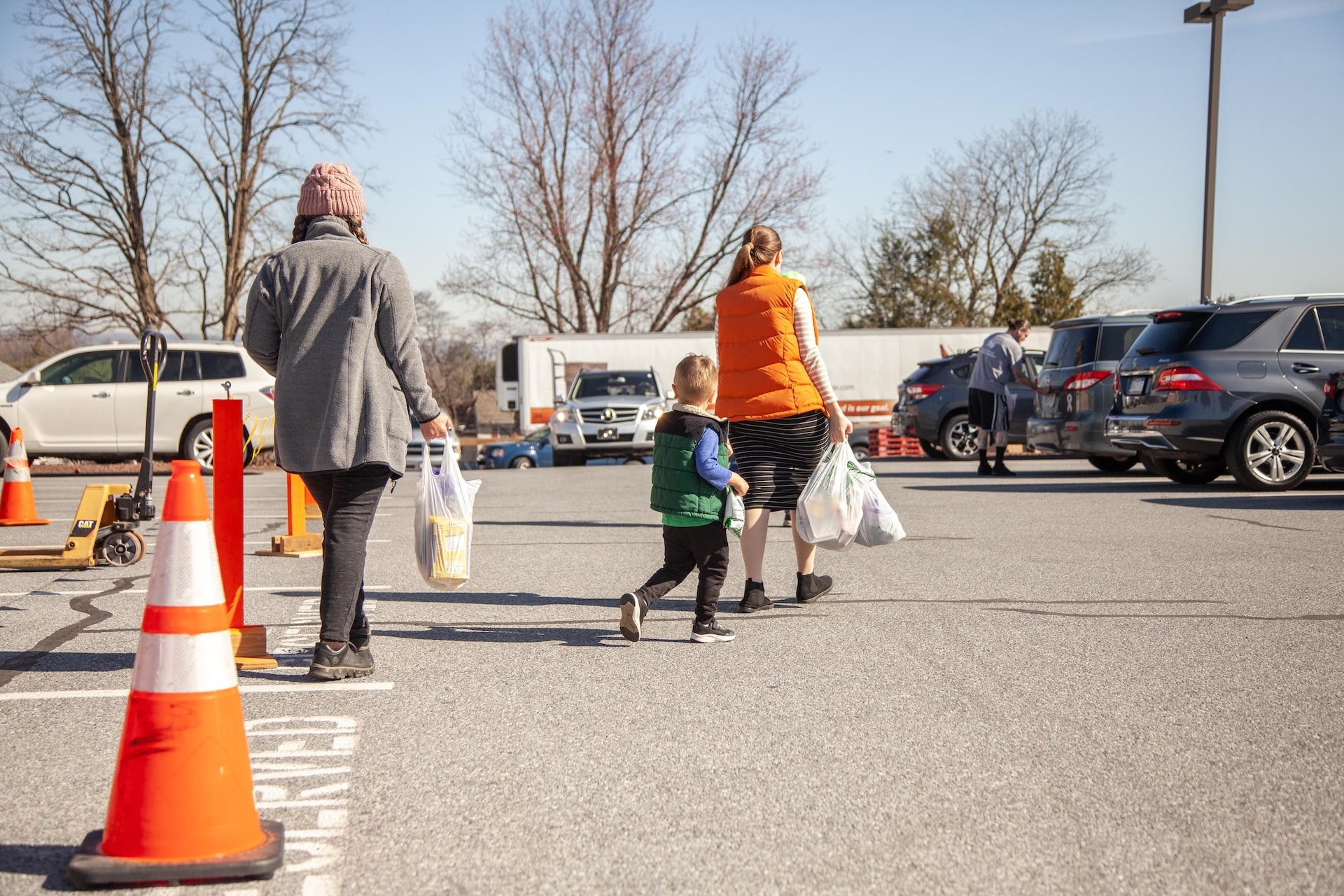
In 2006, Blessings of Hope co-founder Aaron Fisher had a lightbulb moment. He learned that charitable food agencies were turning down “all or nothing” truckloads of excess food products, simply because they didn’t have the space to store it all. The food, overproduced, mislabeled or nearing expiration, was otherwise perfectly suitable for consumption. Yet, it was heading to landfills. Fisher thought, “You just need a big warehouse.”
Four years later, a fledgling Blessings of Hope moved into its very own warehouse and began packing food to distribute. In 2011, the organization shipped its first semi-truckload of food to a Native American reservation in Minnesota. Since then, Blessings of Hope has distributed 244 million pounds of food, valued at over $406 million.
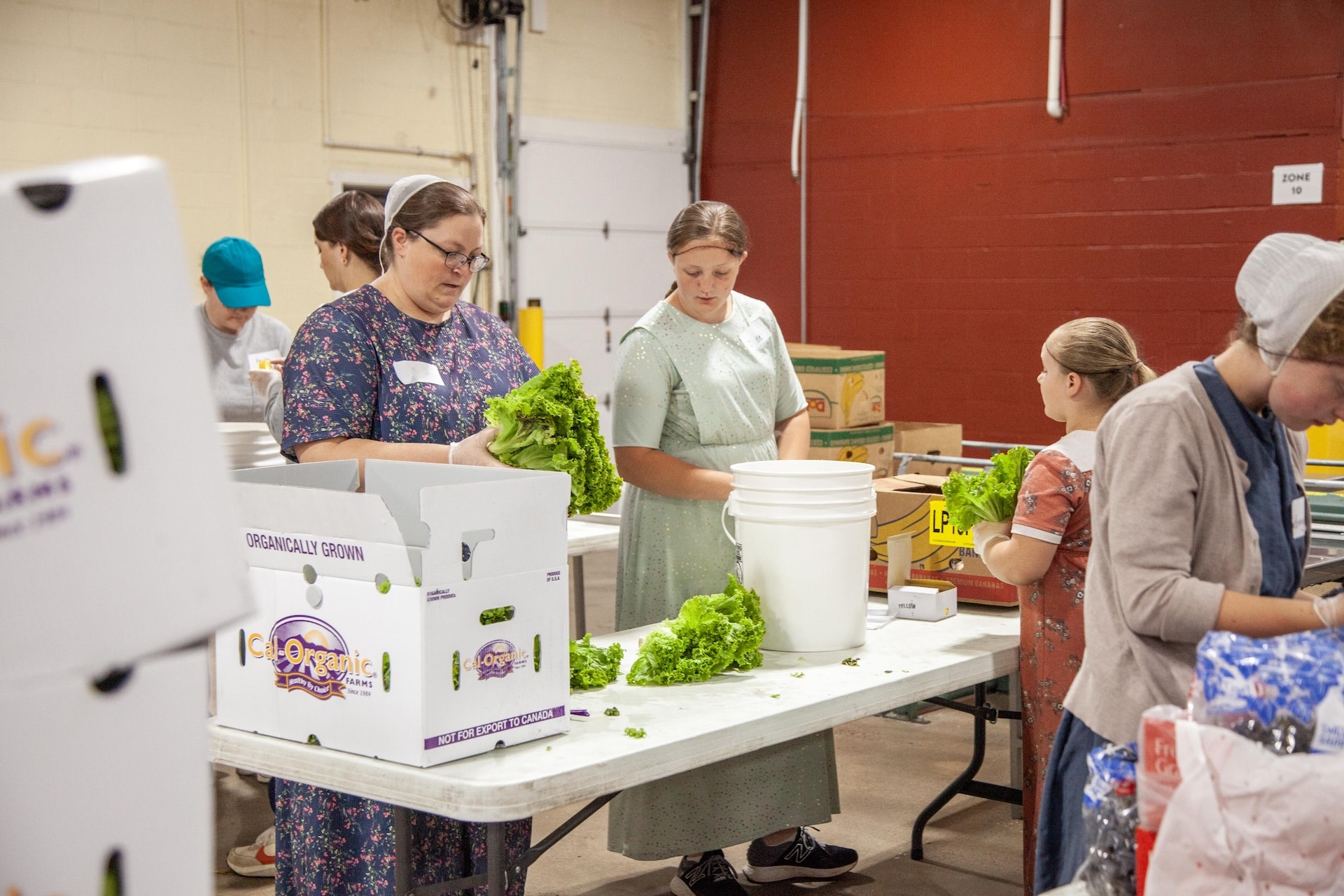
“We have a tremendous capacity for feeding hungry people,” says Paula Sentgeorge, Volunteer Coordinator Manager at Blessing of Hope’s Dehydration Center, “but we rely heavily on donations and our volunteers.”
The volunteer force of Blessings of Hope is extensive, with well over 3,000 volunteers offering over 13,000 hours a month at four locations. You name it, they do it: clean the facilities, drive trucks for pickups and deliveries, stock shelves, cook meals and much more. Sentgeorge says, “Relationships are key to draw in volunteers, and we work very hard to show our appreciation to them.” This includes grocery vouchers and signature appreciation events for volunteers and their families.
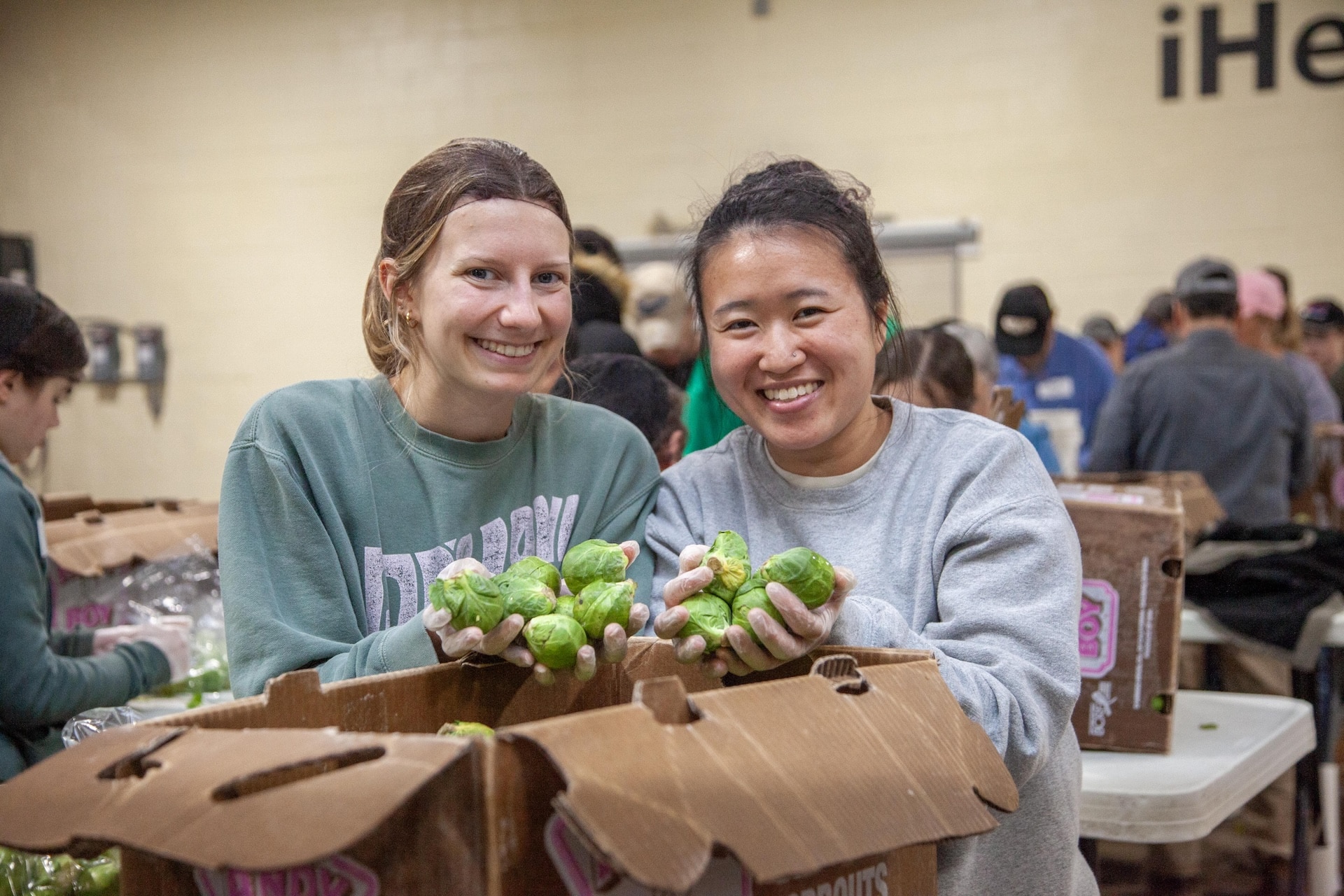
How it Works
Excess and unwanted food comes to Blessings of Hope from numerous sources, “We garner food from all different areas,” Sentgeorge explains. “Everything we have is donated. We don’t pay for anything. We get fresh produce and dry goods, like candies, nuts and dried fruits. We get sodas, water and energy drinks and 50-pound bags filled with everything, from wheat berries to baker’s flour, sugar and salt. We also get shipments from Herrs, Frito Lay and Pepperidge Farm. Just about anything in the food industry can come through to our dock.”
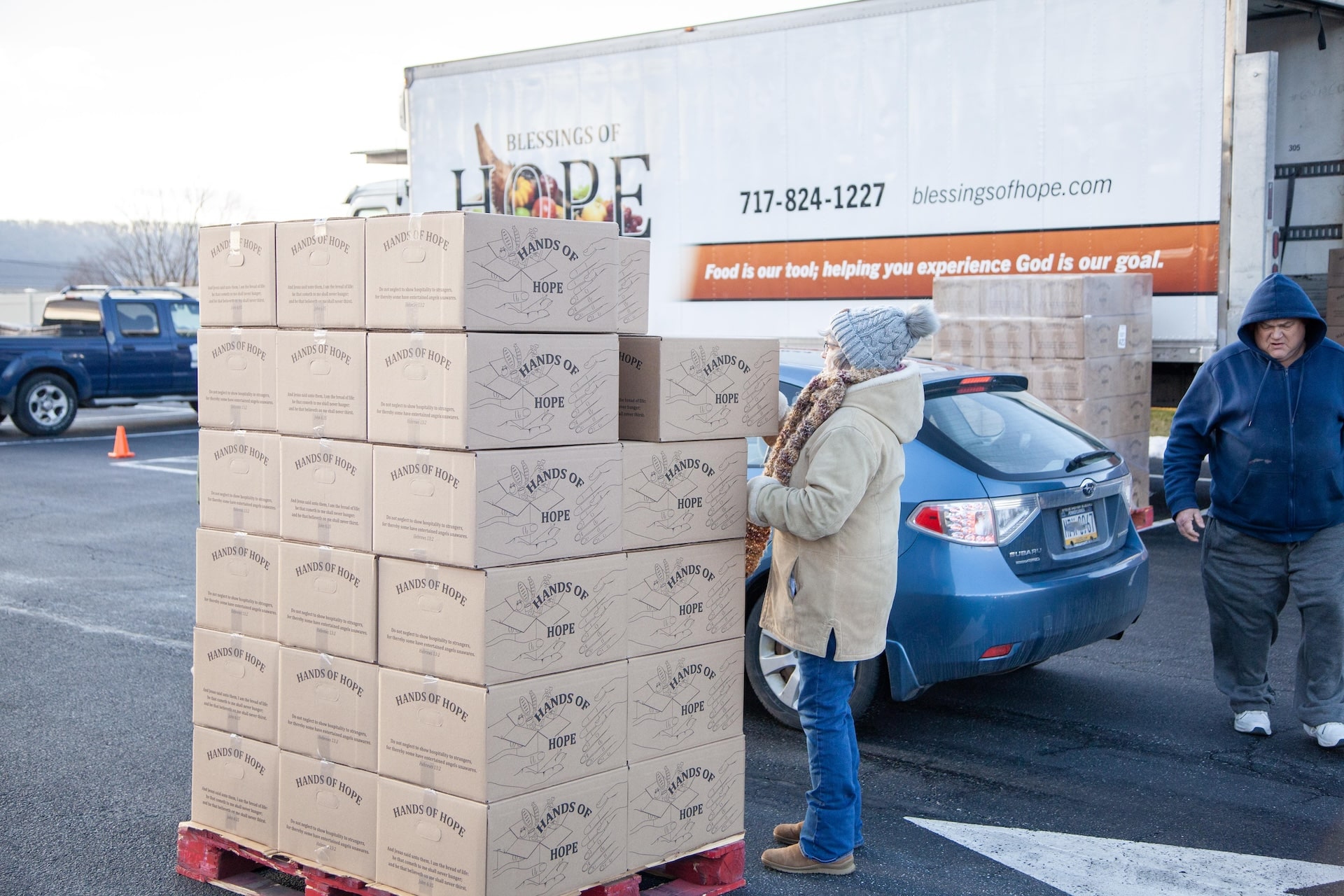
Blessings of Hope offers a simple solution for delivery drivers who are left with product overages or food rejected for damaged packaging. Blessings of Hope offers unloading assistance and a tax receipt to drivers who bring the food to their warehouse, and even sends dispatchers to take it off the drivers’ hands. Sentgeorge says, “We could get a call from the Wisconsin Dairy Association saying, ‘We have a tractor trailer load of 40-pound bricks of cheddar cheese. If somebody’s not here by Friday to pick it up, it’s going in the dump.’ So our dispatchers scramble to find a driver and a truck to send to Wisconsin to pick up that cheese.”
It also sends a truck to markets in Philadelphia a few times a week, accepting produce overages to bring back to its warehouse.
Once the food arrives at Blessings of Hope, volunteers sort, wash, and process it. Unusable produce is composted, and everything else is portioned, labeled, dated and stored or sent directly to the organization’s selection center. That is where local charitable food agencies go to select food for the neighbors they serve. Sentgeorge says, “Partner ministries pay a nominal handling fee and can take a grocery cart full of food or several pallets of food and pay by the pound.”
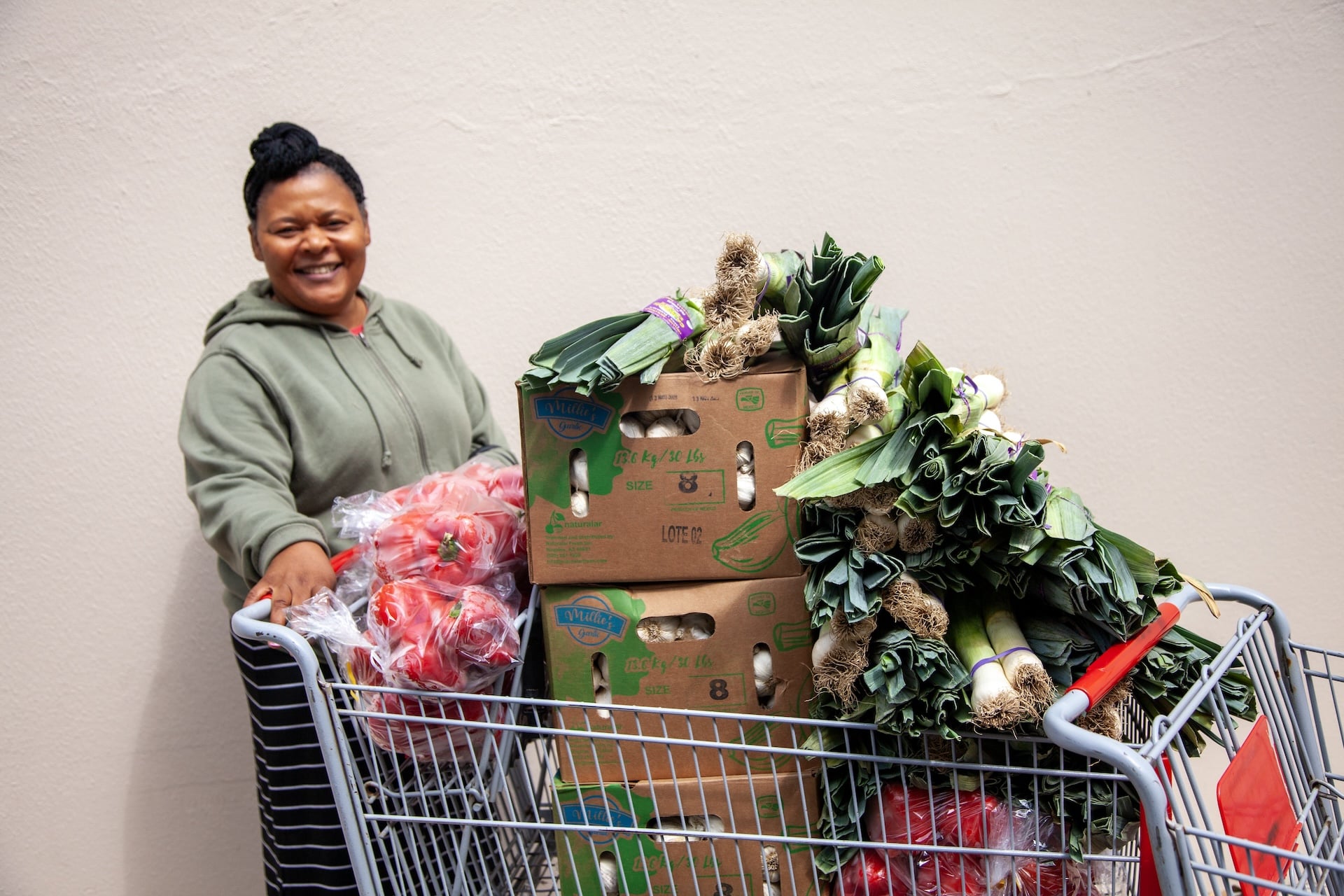
Blessings of Hope also prepares and sends food to people outside of Pennsylvania. “Here at the East Petersburg Warehouse, we dehydrate vegetables and build a soup mix, which we send though Barnabas Aid to countries, like Haiti, Cuba and the Dominican Republic, where people are starving,” says Sentgeorge. The soup mix contains three cups of dehydrated vegetables and a nutrient-fortified powder. It’s sealed in bags and has a shelf life of five years. Sentgeorge says, “We put 1600 bags of soup on a pallet. Each bag feeds about 12 people, so each pallet contains 19,000-plus meals.”
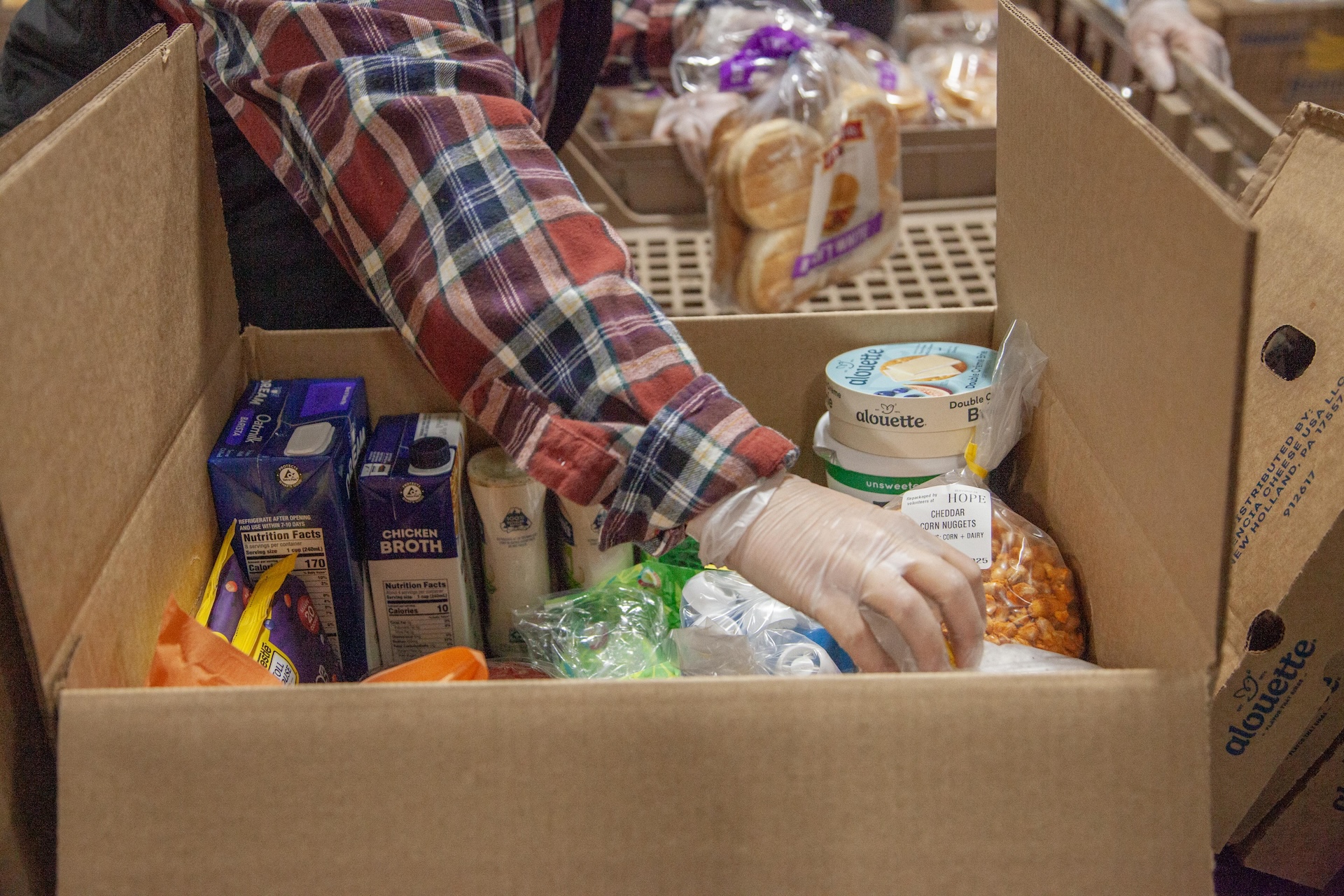
Additionally, Blessings of Hope volunteers create Hands of Hope boxes, which generally contain about 30 – 40 pounds of prepackaged food. They usually include a beverage, produce, bacon, chips, flour or sugar, a sweet and then miscellaneous food items, depending on what’s available. These boxes are available to partner organizations for pick-up or delivery, frequently offered to residents in Northeast cities including Philadelphia, Baltimore and New York City.
‘Till All Are Fed’
With its massive volunteer force, a growing reputation among food producers and delivery drivers, and an incredibly effective structure, this faith-based organization is following through on its mission to spread hope and transform surplus into community impact.
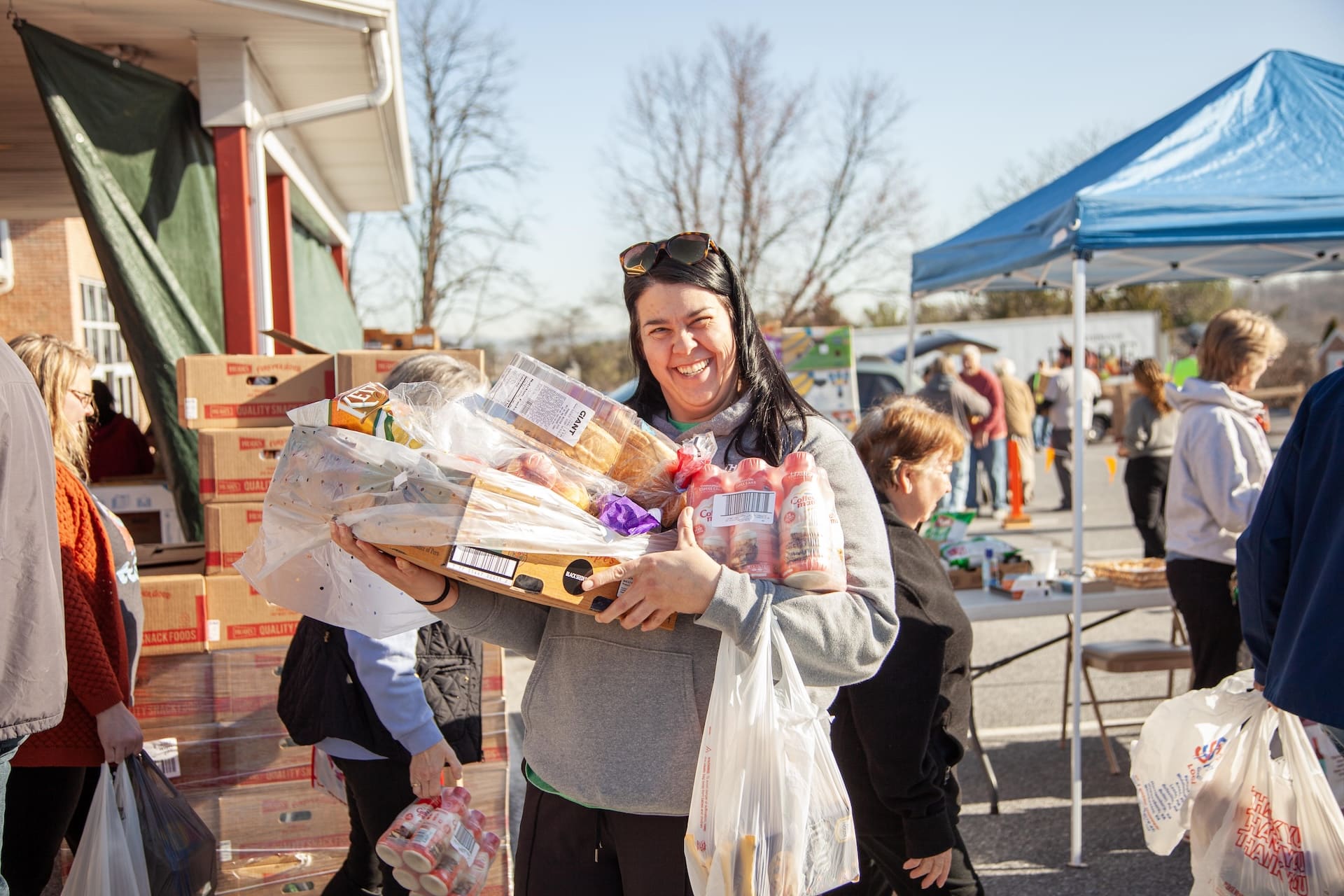
Despite a recent uptick in demand coupled with decreased product overages, Sentgeorge remains steadfast. She says, “We have new volunteers signing up all the time. Some are seeking less expensive groceries through volunteering and some are just saying, ‘The world is a mess and I want to do my part to make it better.’ There will always be a need, and people will always be hungry. So, our motto is, ‘Till all are fed.’ Until then, we’ll just keep going.”
Visit the Blessings of Hope website to learn more about the organization and ways to get involved. If you’d like to donate food to Blessings of Hope, text “HOPE” to (717) 910-3663. PO Box 567, Ephrata; (717) 824-1227.
- Photos: Blessings of Hope
